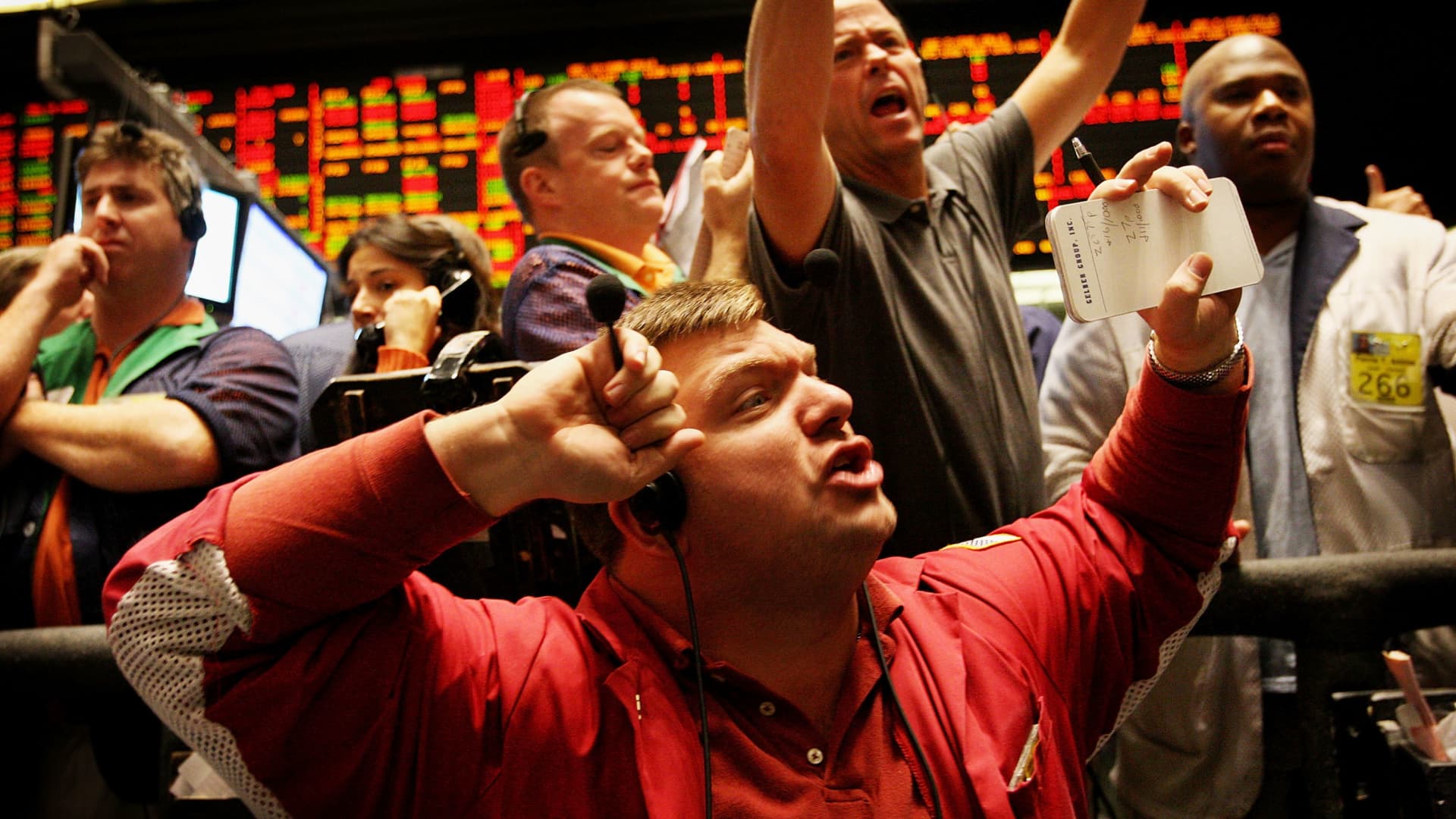
Here are the most important news items that investors need to start their trading day:
1. Stocks in a holding pattern
U.S. stock futures were essentially flat across the board Wednesday morning, following a late rally the day before. While the Dow finished down Tuesday, the S&P 500 closed slightly higher. The Nasdaq, fueled by tech stocks, did even better, rising 1.75% for the day. Energy names were the big losers Tuesday, as investors weighed the potential impact of an economic slowdown on fuel demand. Oil prices also fell, breaking below $100 a barrel for the first time since May.
2. Fed minutes and indicators
We're making it easier for you to find stories that matter with our new newsletter — The 4Front. Sign up here and get news that is important for you to your inbox.

Investors have plenty of data and reports to sort through Wednesday as markets weigh a potential recession. At 2 p.m. ET, the Fed is scheduled to release the minutes from its June 14-15 meeting, giving some insight into the central bank's strategy to raise rates in its fight against 40-year-high inflation. PMI data is set to come out at 9:45 a.m. ET. At 10 a.m., both the ISM services index and the Job Openings and Labor Turnover Survey, or JOLTS, are scheduled to be released.
3. Uh oh, BoJo

U.K. Prime Minister Boris Johnson is facing his biggest political crisis yet. Several officials in his government, including the finance minister and health secretary, resigned in the past day, citing their lack of confidence in his leadership following multiple scandals. An increasing number of Johnson's fellow Conservatives are calling on him to step down, as well, although he has shown no indication he would. The turmoil has taken a toll on the pound, which hit its lowest point since March 2020, when Covid was declared a pandemic.
4. Yield curve inverts

The bond market appears to have a warning for the U.S. economy. The yield on the 2-year Treasury jumped higher than the yield on 10-year notes, inverting what's known as the yield curve. When that happens, it's usually considered an indication that a recession will happen soon – or is already underway. Yields had also increased early Wednesday morning.
5. Mortgage demand slips

Demand for mortgages fell week over week, even as rates declined slightly. Amid some signs of a slowdown in the housing market, prices remain high and supply is tight. Rates are also way above where they were during the Covid pandemic. "Purchase activity is hamstrung by ongoing affordability challenges and low inventory," said Joel Kan of the Mortgage Bankers Association.
Money Report
– CNBC's Tanaya Macheel, Holly Ellyatt, Elliot Smith, Patti Domm and Lisa Rizzolo contributed to this report.
— Sign up now for the CNBC Investing Club to follow Jim Cramer's every stock move. Follow the broader market action like a pro on CNBC Pro.






